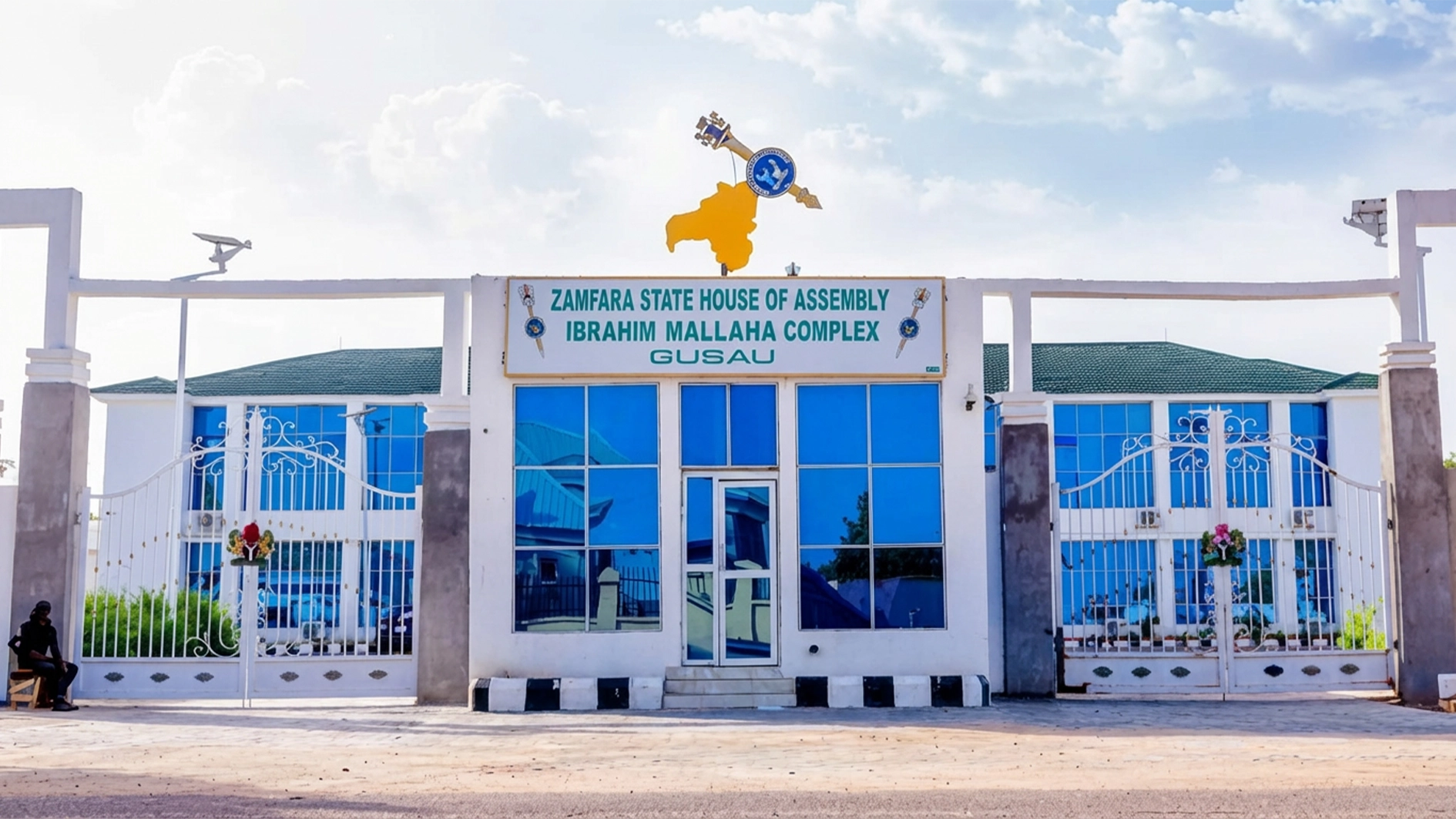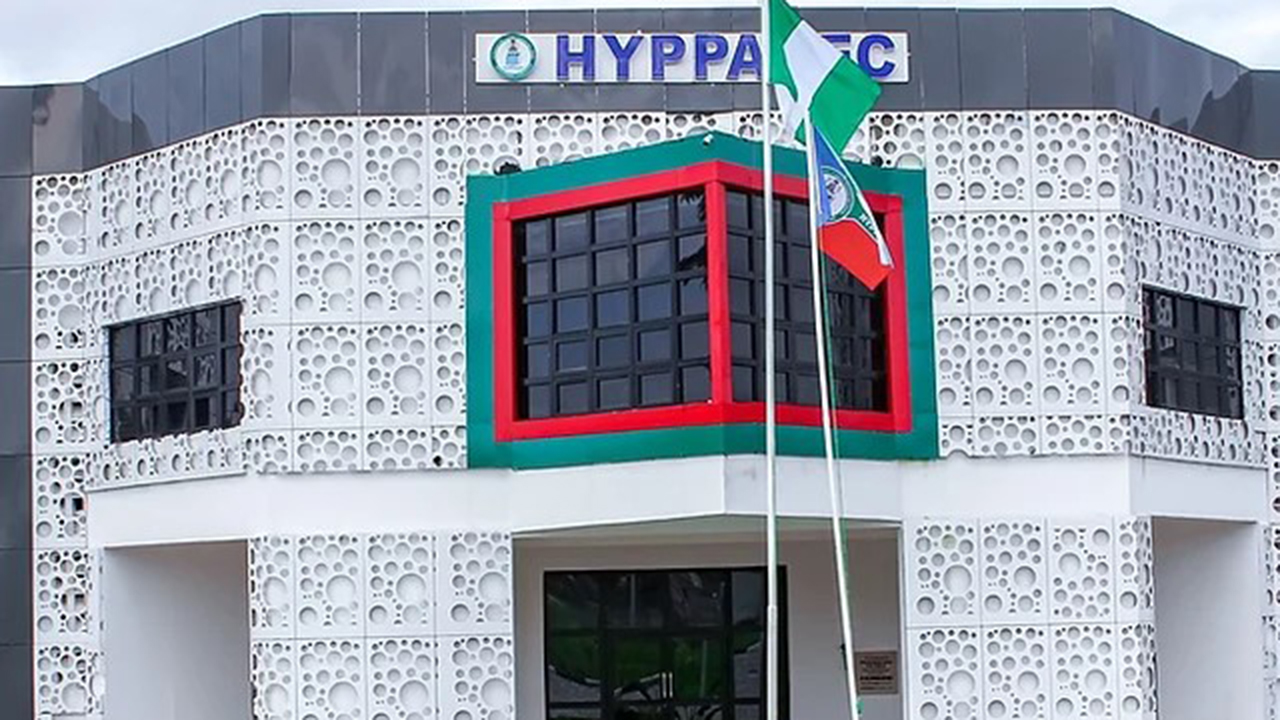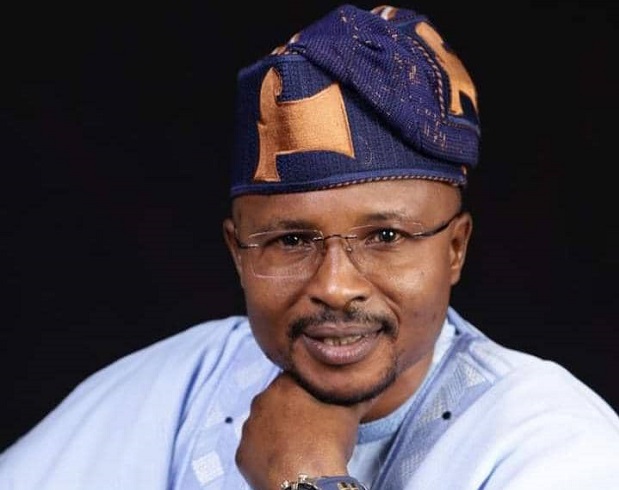
• Says $19b needed for agric projects in W’Africa
• LEDCo partners Lagos on 20,000 smart solar lights
The Economic Community of West African States (ECOWAS), yesterday, announced completion of framework for the establishment of its $75 million Renewable Energy and Energy Efficiency Facility.
At the opening of the 93rd Ordinary Session of ECOWAS Council of Ministers in Abuja, the President, ECOWAS Commission, Dr Alieu Omar Touray, also disclosed that investment towards improving storage facilities, milling initiatives and enhanced mechanisation in paddy production would gulp about $19 billion.
This was as LEDCo Limited disclosed partnering Lagos State Government for solar street lighting project.
Commending the progress made so far on the 6,800-kilometre Nigeria-Morocco gas pipeline project, which was part of the integrated projects for the region, Touray listed other projects being undertaken across the community to include regulation on roaming, direct flight and water resources.
He said: “A framework document for the establishment of ECOWAS Renewable Energy and Energy Efficiency Facility has been finalised by the ministers. This is a new blended finance facility with an initial amount of $75 million. The objective is to provide grants, loans and guarantees through regular demand-driven competitive calls for proposals, provide clean energy solutions for ECOWAS region.
“This regional integrative project aims to build a gas pipeline linking Nigeria to Morocco, feeding ECOWAS member states and Mauritania, with future extension to Europe. It is an infrastructure of 6,800km long, including 5,100km offshore, with a transport capacity of 30 billion cubic feet of natural gas per year.”
According to him, progress has continued to be recorded regarding the implementation of ECOWAS Regulation on Roaming on Public Mobile Communications Networks in the ECOWAS Space, adding that phased implementation of the roaming tariff rates is progressing through several bilateral arrangements.
“The ECOWAS Roaming is now live in at least six member states since its adoption in December 2017 by this Council,” Touray said.
Towards food security, he stated that the regional self-sufficiency in rice production tagged, ‘Rice Offensive’ project, which was launched by the Commission in 2014 under ECOWAS Agricultural Policy (ECOWAP), reached a second cycle with the development of a Second Regional Action Plan (2025-2035) to replace the 2020-2025 plan, due to expire next year.
Meeting the planned consumption target by 2035 requires a local production of 33 million tonnes of milled rice, he noted.
“This will also require a financial investment of $15 billion to $19 billion of Capital Expenditure (CAPEX) towards improving storage facilities, milling initiatives and enhancing mechanisation in paddy production.”
On the high cost of air transportation, which tend to frustrate development of intra-regional air transport, Touray informed that ministers responsible for air transport met recently to deliberate on a regional strategy to harmonise charges, fees and taxes in ECOWAS member states.
“The Act seeks a cancellation of all taxes deemed inconsistent with ICAO rules and principles along with a 25 per cent reduction in passenger and security charges. This is a significant development for the business improvement of the regional air transport sector and the facilitation of movement of persons and goods within the community.”
“Further, this year, ECOWAS Commission revived its regional cooperation and integration programme in the water sector, which dated back to 2001. The ministers in charge of water resources met and adopted 14 resolutions relating to the revision of 2008 West Africa Water Resource Policy; Management of Shared Water Resources in West Africa and Water Infrastructure Development”, he said.
In another development, Touray decried decline in income, as only 40 per cent of approved levy was received by the Commission as at the end of October.
LEDCo stated that the new project would see the deployment of 20,000 units of LEDCo’s “state-of-the-art NightSUN” across Lagos.
According to the company, each NightSUN unit integrates advanced technology, including smart monitoring systems, GPS tracking and a robust 10-year warranty, ensuring reliability and efficient operation.
It added that the project would deliver six megawatts of renewable solar power and 24.5MW of energy storage, further enhancing public safety, urban mobility and the sustainability of the state’s energy infrastructure, while reducing the state’s carbon footprint.
These were contained in a statement by the Head, Media Relations, LEDCo Ltd, Oluwatoyin Jegede.
According the statement, the agreement for the Solar Street Lighting Project was formally signed by the the Commissioner for the Ministry of Energy and Mineral Resources (MEMR), Mr Abiodun Ogunleye, on behalf of Lagos, and the Executive Director (ED), LEDCo, Ms Fatimata Abiola-Odunowo, on behalf of the company.
Abiola-Odunowo said the initiative marked a significant milestone in the state’s journey towards achieving energy-neutral goals, aligning with the THEMES agenda of Governor Babajide Sanwo-Olu, which prioritises sustainability, innovation, and environmental stewardship.






